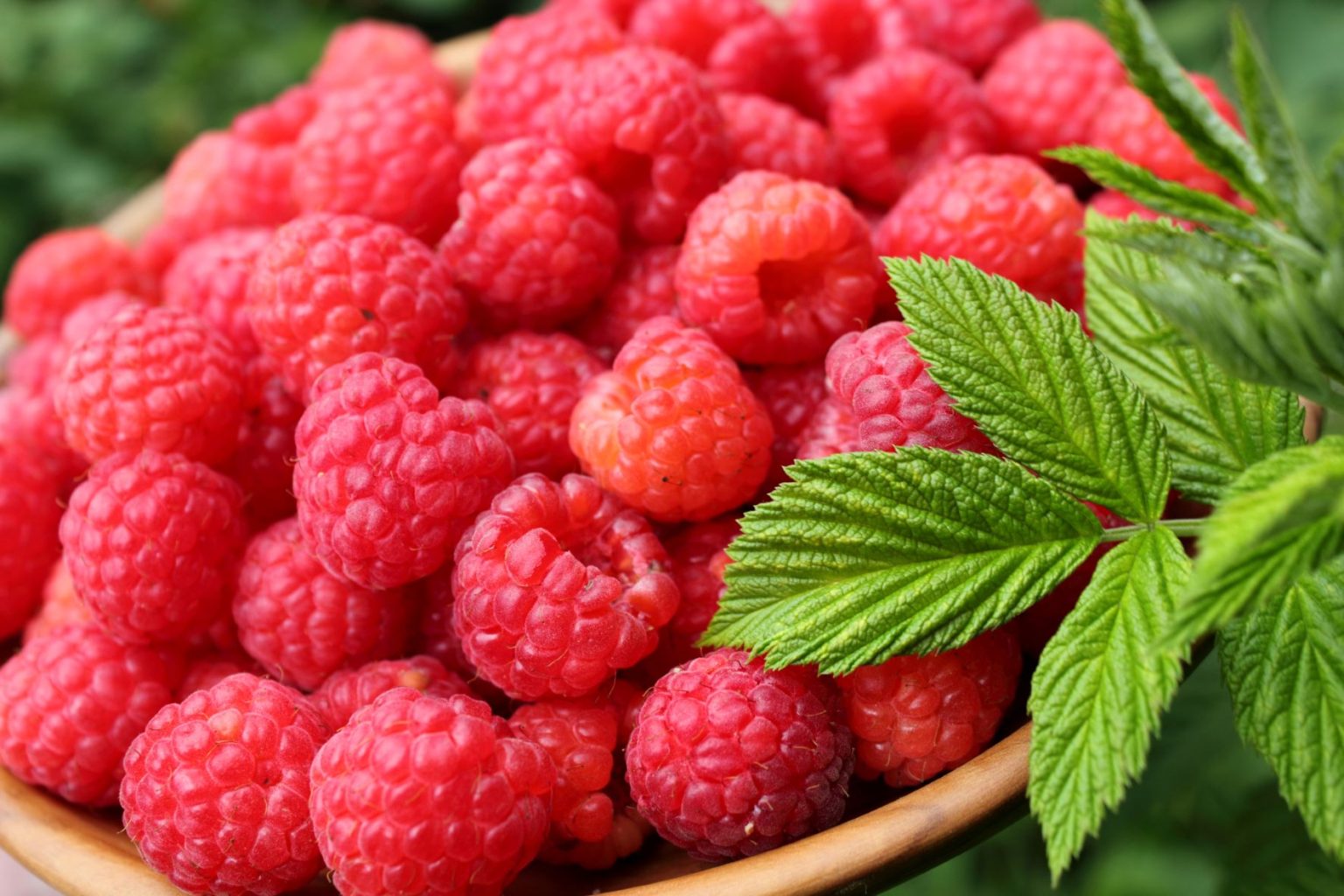Yes, your bearded dragon can enjoy the occasional raspberry, but moderation is absolutely essential. These vibrant berries offer a nutritional boost, but their sugar and acidity can cause digestive upset if overfed. This comprehensive guide provides everything you need to know about safely incorporating raspberries into your bearded dragon’s diet.
Raspberry Rewards: Understanding the Benefits
Raspberries can be a healthy addition to your bearded dragon’s diet when offered responsibly. They contain fiber, which aids digestion, and antioxidants like Vitamin C, which contribute to overall well-being. Think of them as a natural, tasty little multivitamin! Specifically, Vitamin C is important for a bearded dragon’s immune system and helps with iron absorption.
Raspberry Risks: Moderation is Key
While raspberries offer nutritional benefits, their high sugar and acid content pose potential risks. Overfeeding can disrupt a bearded dragon’s sensitive digestive system, likely leading to diarrhea or other tummy troubles. Therefore, raspberries should always be given in moderation.
Raspberry Rules: A Safe Feeding Guide
How often can a bearded dragon indulge in raspberries? A good rule of thumb is to offer them no more than one or two berries once or twice a week. Always wash raspberries thoroughly before serving to remove any pesticide residue. Then, chop them into bite-sized pieces to prevent choking hazards and aid digestion.
Are you curious about what leafy greens your beardie can safely munch on? Discover the nutritional implications and find out if can bearded dragons have lettuce.
Baby Bearded Dragons: Extra Care Required
Baby bearded dragons have particularly sensitive digestive systems. For these little ones, raspberries should be an extremely rare treat, perhaps a tiny nibble once a month. Prioritize their staple diet of insect protein and leafy greens. Their growing bodies require these essential nutrients for healthy development.
Beyond the Berry: A Balanced Bearded Dragon Diet
Raspberries should always be considered a supplementary treat, not a dietary staple. A bearded dragon’s primary nutrition should come from insect protein sources, such as crickets and mealworms, and leafy greens. These provide the essential nutrients they need to thrive. Thinking of offering a sweet treat? Learn all about can beardies eat apples and ensure your pet’s diet is both delicious and safe.
Monitoring Your Dragon: Spotting Potential Problems
Whenever you introduce a new food, carefully observe your bearded dragon for any changes in behavior or health. Monitor their stool for changes in consistency, watch for unusual lethargy, or a sudden decrease in appetite. These could be signs of digestive upset. If you notice anything concerning, discontinue feeding raspberries and consult a veterinarian.
Debunking the Oxalate Myth
There are sometimes concerns about oxalates in certain fruits and vegetables interfering with calcium absorption. The oxalate levels in raspberries are low and unlikely to cause problems for your bearded dragon, especially when fed in moderation. However, maintaining a balanced diet rich in calcium is still crucial for their bone health.
Comparing Berries: Other Fruity Options
Raspberries aren’t the only berries that can be an occasional treat. Blueberries and strawberries, also offered in moderation, can provide variety. Remember, balance is essential. For those also curious about their long-eared companions’ diet, explore whether can rabbits eat brussel sprouts and ensure optimal nutrition for all your furry friends.
| Berry | Benefits | Potential Concerns | Recommended Serving (Adult) |
|---|---|---|---|
| Raspberry | Fiber, Antioxidants, Vitamins | High Sugar, Acidity | 1-2 berries per week |
| Blueberry | Antioxidants, Vitamins | High Sugar | 1-2 berries per week |
| Strawberry | Vitamin C, Antioxidants | High Sugar | 1/2 – 1 berry per week |
A Final Word on Raspberries for Bearded Dragons
So, can bearded dragons eat raspberries? Yes, they can! Just remember to follow these guidelines to ensure your scaly companion stays healthy and happy. Offer raspberries as an occasional treat, prioritize a balanced diet, and always monitor your dragon for any adverse reactions. Consult with a reptile veterinarian for personalized dietary advice. Ongoing research continually expands our understanding of reptile nutrition, so staying informed is crucial for responsible pet ownership.
- Jerry McSorley’s Post-Divorce Life: New Beginnings - July 16, 2025
- The Rise and Fall of the New Haven Nighthawks: A Minor League Hockey Legacy - July 16, 2025
- Unlock Jerry McSorley’s Career Highlights: Eye Tax Inc.’s Solar Success - July 16, 2025
















